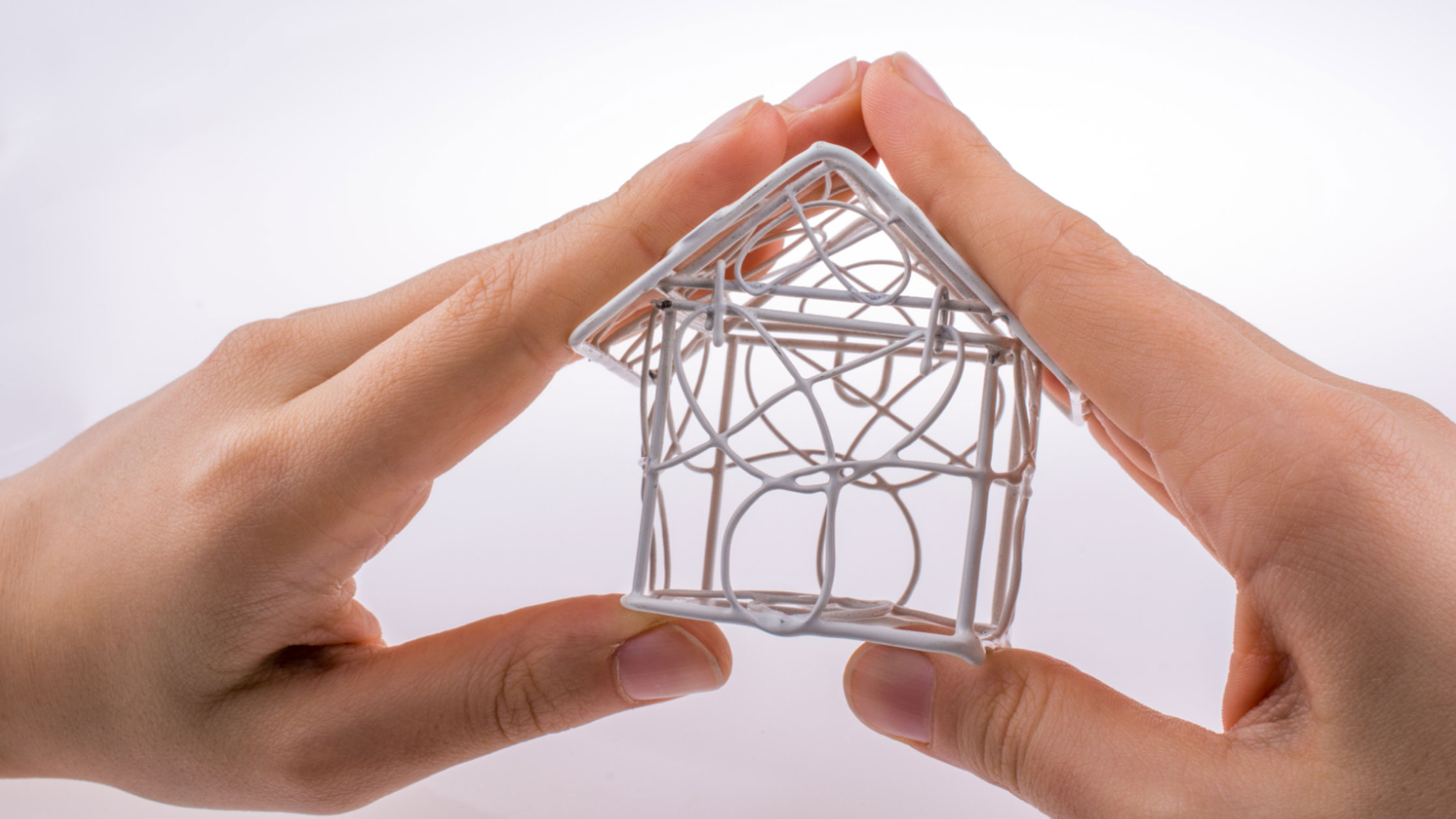
Heating, Ventilation And Air Conditioning (HVAC)
HVAC, which stands for heating, ventilation, and air conditioning, can be considered one of the most integral systems, as it regulates climate control within your home. Improperly installed or outdated HVAC systems elevate the risk of poor air quality and dust accumulation, potentially leading to unwanted health complications if left unchecked.
As the licensed inspector examines the HVAC unit, they will be looking for the following:
Fully Functioning Heating And Cooling Unit
In order to pass, a homeowner must have an appropriately sized, fully functioning heating and cooling unit installed in their home. It’s important to note that fireplaces, oil furnaces, and window AC units are not considered primary heating and cooling units for a home due to safety concerns and energy inefficiency.
Condition And Age Of The HVAC System
Although not seen as pass/fail criteria for the inspection, the condition, and age of the HVAC unit are reviewed during the inspection. The inspector will be able to get a better idea of the life expectancy of the unit when examining these factors, while also gauging how well-maintained the system is. As long as there are no apparent system issues, you should be fine.

Electrical Wiring And Panels
When it comes to the inspection of your electrical system, inspectors will mainly be looking to make sure everything meets code regulations. What does this mean? All electrical outlets should be properly grounded, and the system’s size must be appropriate for the size of the house.
If an inspector discovers an issue with your electrical system, as a code violation, you could still pass the inspection. It is really dependent on the severity of the violation and the potential risk associated with it. However, there are some components of an electrical system that are uninsurable, which will lead to inspection failure. These include:
- Aluminum branch wiring
- Knob-and-tube wiring
- Fuses/fuse boxes
- A double-tapped breaker
- Cloth and sheath wiring
Plumbing Connections And Fixtures
During the inspection of the home’s plumbing system, the licensed inspector will evaluate the material and age of the drain and supply lines throughout the house, looking for signs of leakage. They will also look at the current condition of the water heater, ensuring it effectively distributes water throughout the home.
Roofing
The roof inspection is known for being the most comprehensive portion. The roof design of a home is not only integral to the entire building structure, but it also impacts factors like energy efficiency and mold accumulation. Inspectors look closely for potential health and safety risks that may compromise the structure of the home and the safety of those living within.

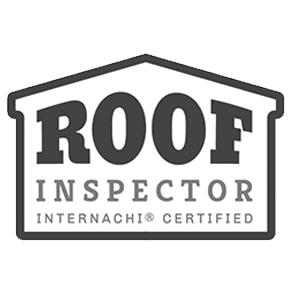

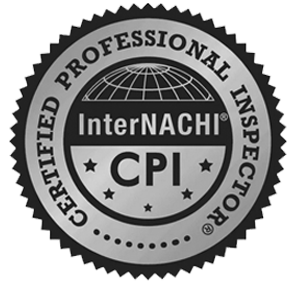
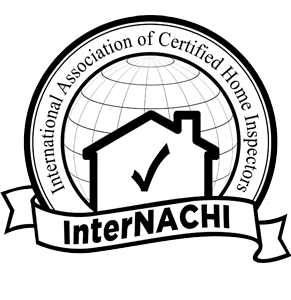

SERVING THESE AREAS:
NEW YORK
Central Suffolk County
East Suffolk County
Western Suffolk County
Nassau County
East Islip
Great River
Jamaica
Miller Place
Port Jefferson
Ridge
Bayport
Sayville
South Hampton
Stony Brook
Westhampton
Elmont
Hicksville
Oyster Bay
Massapequa
Great Neck
Jackson Heights
Flushing
Far Rockaway
Smithtown
FLORIDA
Broward County
Coconut Creek
Hollywood
Pompano Beach
Fort Lauderdale

